“The illiterate of the 21st century will not be those who cannot read and write, but those who cannot learn, unlearn, and relearn.” –Alvin Toffler
What a powerful statement. With the advent of the World Wide Web, we have access to seemingly infinite amounts of information. You can learn how to read and write from public libraries or from the comfort of your own home. But those abilities will only get you so far. To make it in the 21st century, the knowledge economy, you must be able to learn quickly, unlearn any unnecessary information, and learn new information faster than you ever have before. And this will only be part of the story. In order to find success, you will have to be able to surround yourself with very intelligent people and implement projects efficiently.
The following six strategies will help to ensure that you are setting a strong foundation for your ability to prosper in the new economy.
1. Understand How You Learn – With a simple search of “Learning Style Assessments” on Google you will find numerous free tests that will help understand how you learn. Try this one, this one, or this one. The results will tell you that you are a visual learner (learn through seeing), an auditory learner (learn through listening), or a kinesthetic learner (learn through doing). With that information in hand, you can consciously put yourself into positions where you are absorbing information in meaningful ways unique to you.
2. Have a Sharp Memory – Although very basic, make sure your brain is functioning well by eating healthy foods. So many people have reverted to daily consumption of fast food, manufactured foods, foods high in sugars (sugar substitutes are especially dangerous) and salts, and they are not providing their brains with what it needs to function optimally. Combine that healthy diet with reasonable physical activity. All it requires is 30 minutes per day. With busy schedules, that may seem difficult, but the payoff is worth it. Lastly, stay mentally active by completing crossword puzzles, reading a book, or engaging in lively social activity on a regular basis. Not only will you be learning new things, but you’ll be reinforcing the pathways in your brain that keep your memory sharp.
3. Garner Information From a Variety of Sources – With a plethora of learning opportunities available, you need to make sure that you do not see it as a chore. Learning is an opportunity. Treat it as such and find a multitude of ways to learn. If you are a visual learner, be sure to watch interesting videos or movies and read books. If you are an auditory learner, listen to audio books or attend local seminars put on by experts in a field you are passionate about. If you are a kinesthetic learner, do something you’ve never done before. Consider getting lessons on how to play the guitar or ask your boss for permission to lead the next all-staff meeting. Regardless of your learning style, consciously learn through a variety of mediums. It’ll wet your appetite for learning for years to come.
4. Use It or Lose It – One of the best ways remember what you learn is to reflect on it a few days after you’ve learned it. Taking the time to think back to what you learned and finding ways to plug it into your daily activities will help to ensure that you do not lose it. Talking about the information with friends or colleagues will also help. Neuroscientists have proven that if you learn something, but don’t actively use it, you run the risk of losing that connection from your long-term memory. Set yourself up for success by continuing to engage in thought and discussion about topics relevant to your life.
5. Teach Someone Else – Prosperity in the new economy will also be driven by how well you share your knowledge with your acquaintances. For topics that you are very passionate about or knowledgeable in, share what you’ve learned with others. This could come in a formal classroom setting, after school tutoring, or general conversation. Whatever avenue you choose, be sure to share your wealth of knowledge as often as possible.
6. Stop Multitasking – We used to think that multitasking was something that was beneficial to your brain and how you learned. Evidence now points to multitasking possibly not being as constructive as once thought. To avoid this, schedule specific time to allow yourself to learn. If you are a student, don’t wait until the last minute to “cram”. Spread the time out so that your brain has sufficient time to absorb the information. If you are working, do not answer emails while on a conference call. This may be tough, but find ways to stay engaged in the meeting. You never know when you might miss something that could change the outcome of a project in your favor.
Simply knowing how to read and write will not allow you to get ahead. Being able to learn, unlearn, and relearn gives you the edge in learning continually so that you can evolve and be more innovative than those around you. By doing this, you are setting yourself up for prosperity…and truly make you indispensable.
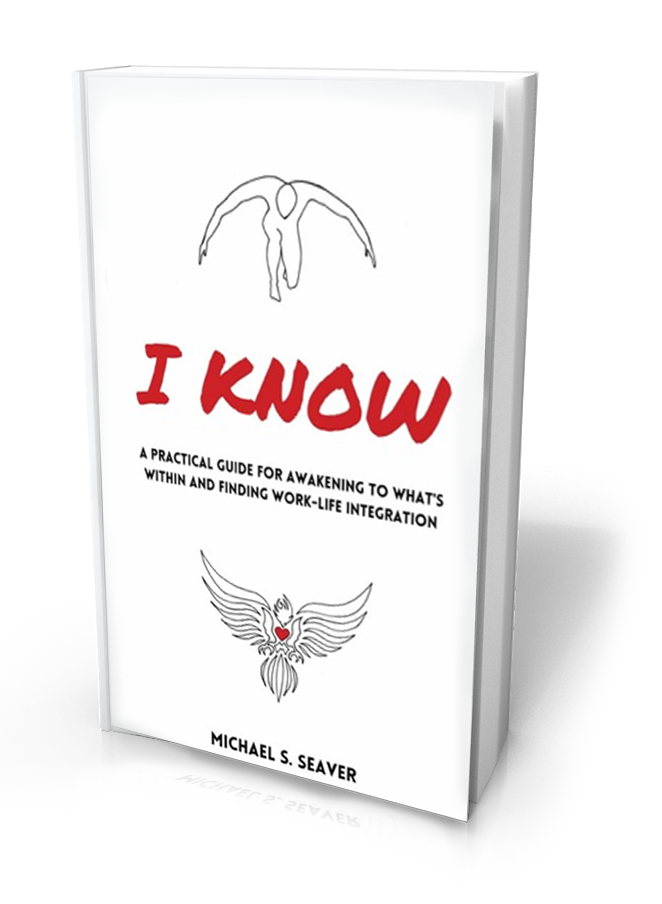

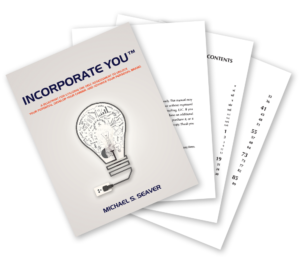
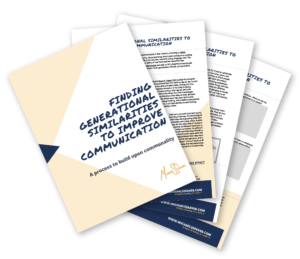
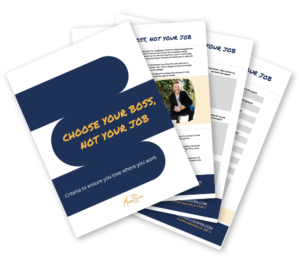
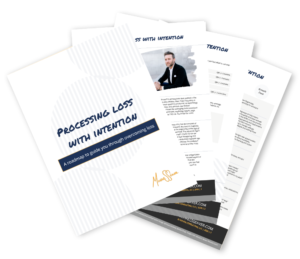
Connect with me